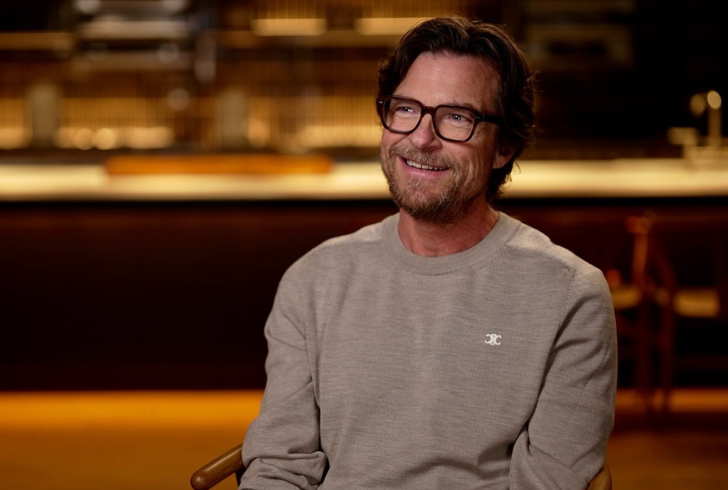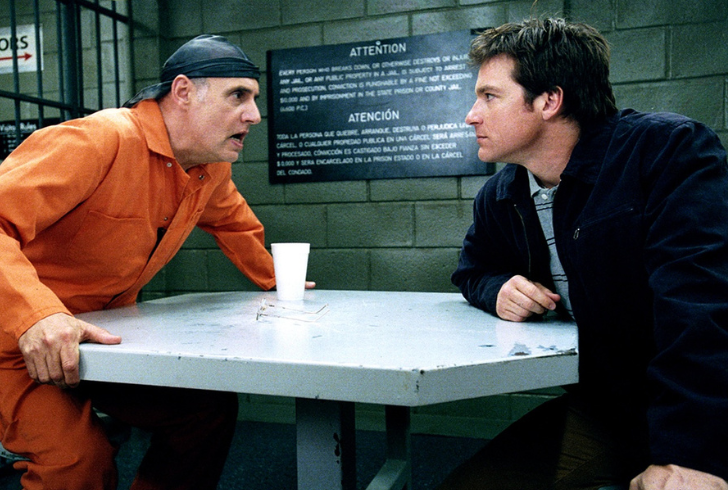Jason Bateman Opens Up About the Dark Side of Child Stardom
Jason Bateman, the acclaimed actor and director, has opened up about the challenges of growing up in Hollywood. Beginning his career at age 10 with commercials, including a notable Golden Grahams ad, Bateman quickly became a familiar face on television.
He gained recognition as a child actor and teen idol through roles in “Little House on the Prairie,” “Silver Spoons,” and “The Hogan Family.” Despite early success, the transition from child star to adult actor proved difficult, leading to a decade-long pause in his career.
The Pressure of Early Success
Bateman explained that the intense workload as a child left little room for a normal childhood. By his twenties, he sought to reclaim lost experiences, embracing a lifestyle of partying. “I was working so hard from age 10 and I’d missed a lot of playing with my friends,” he shared during a recent interview on “CBS Mornings.” The freedom of adulthood, combined with newfound independence and financial stability, fueled years of indulgence.
Living independently and enjoying the company of friends, Bateman experienced a sense of unrestrained freedom. Yet, he recognized that this period of indulgence would later complicate his efforts to reestablish himself as a serious actor.
“I wasn’t really factoring that the industry wasn’t saving my place in line,” Bateman admitted. The gap caused by his partying years made auditions nerve-wracking and fueled anxiety that lasted throughout his twenties.
Career Setbacks and Struggles

Instagram | derekdaviscbs | Nearly quitting Hollywood for a foreign coffee shop, Bateman’s career was saved by a single, successful audition.
During this period, Bateman considered stepping away from Hollywood entirely. He nearly liquidated his savings to start fresh in another country, imagining a life running a coffee shop. Yet, a successful audition rekindled his passion for acting.
Mentorship played a pivotal role in his comeback. Bateman shadowed legendary sitcom director Jimmy Burrows, who had worked on “The Hogan Family.” This experience allowed him to direct episodes and become one of the youngest members of the Directors Guild of America at the time. Burrows also facilitated connections, including signing Bateman with television literary agent Bob Broder, which further strengthened his career prospects.
Turning Experience into Opportunity
Bateman leveraged his sitcom background to build a directing career, realizing that his early experience could be an asset rather than a limitation. Throughout the late 1990s and early 2000s, he continued acting in short-lived sitcoms while directing episodes of shows such as “Family Matters,” “Two of a Kind,” “Brothers’ Keeper,” and “For Your Love.”
Marriage and family life also influenced Bateman’s personal and professional growth. In 2001, he married Amanda Anka, daughter of music legend Paul Anka. Her influence prompted him to confront his partying habits and commit to sobriety, marking a turning point in both his personal life and career.
Career Resurgence

Instagram | latimes_entertainment | Jason Bateman’s Golden Globe-winning role in “Arrested Development” made him a top figure in comedy once again.
Bateman’s career regained momentum with his role as Michael Bluth in “Arrested Development.” The show, celebrated by critics and Hollywood insiders, reestablished him as a leading figure in comedy and earned him a Golden Globe in 2005. He expanded his repertoire with performances in films like “Horrible Bosses,” “Identity Thief,” “Game Night,” and dramatic roles in “Juno,” “The Gift,” and “Air.”
As a director, Bateman continued to make his mark, helming episodes of “Arrested Development,” the Netflix revival, and feature films such as “Bad Words” and “The Family Fang.” His career reached new heights with the Netflix drama “Ozark,” where his portrayal of Marty Byrde earned multiple Emmy and Golden Globe nominations. He also won an Emmy for Outstanding Directing for the episode “Reparations” in 2019.
Lessons from a Child Star
Reflecting on his childhood, Bateman noted the immense responsibility of supporting his family at a young age. He and his sister, Justine Bateman, became primary earners during the 1980s. This early exposure to adult responsibilities shaped his work ethic and provided confidence, though he acknowledged that he wouldn’t subject his own children to such pressures.
Bateman’s journey demonstrates the complexities of growing up in Hollywood, balancing fame, personal growth, and career longevity. His story illustrates how early challenges can foster resilience and lead to renewed success when paired with dedication and guidance.